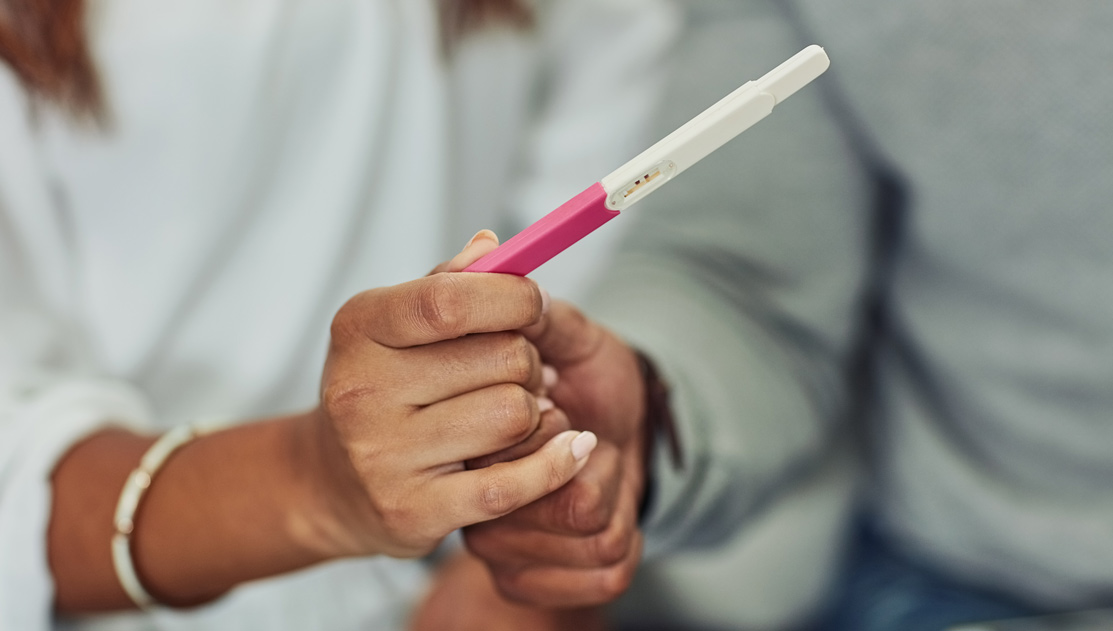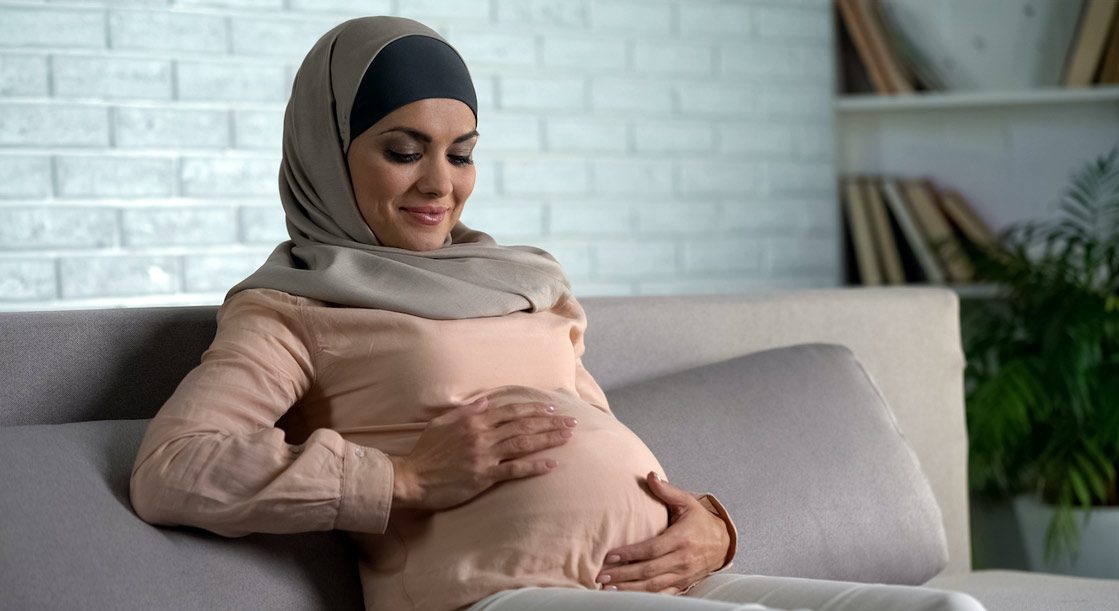The short answer: It’s complicated.
The decision to start a family is momentous for everyone. But when you are a same sex couple, the need for a ‘fertility fix’ is generally built into the journey. And as any couple who has undergone fertility treatment will tell you, the process is challenging.
If you are a lesbian couple that wants to start a family, you’re probably asking: how easy is it for female same-sex couples to get fertility treatment? Here we address some common issues you might face.
How can you find donor sperm?
It’s not legal to ‘buy’ sperm or eggs in the United Kingdom. People who donate are generally motivated by public spirit. Only expenses can be paid, and these are limited.
Some female couples are lucky enough to know and trust a man that is happy to be a sperm donor – on their terms. Then, when they perform their own at-home insemination, all the stars align and they become pregnant. Hooray!
But for many couples, that just isn’t the way it happens. They don’t know anyone suitable or willing to donate sperm on their terms. Or they worry about the legality of ‘contracts’ – whether the paper will hold up in court if things go awry. Or, they do try at home and it simply doesn’t work.
Dr Gorgy, Fertility Consultant at The Fertility & Gynaecology Academy explains: “Beyond those potential pitfalls, DIY insemination carries other risks. Indeed the HFEA (the organisation that regulates fertility treatments in the UK) advises against at-home insemination, counselling that it is safer both medically and legally to try insemination via a clinic with rigorous screening processes.”
Whether you find your own donor or a clinic provides helpful links (as we do for our patients at The Fertility and Gynaecology Academy), using a clinic for insemination means the sperm will always be checked for infections, and the donor’s family history will be reviewed in case of any genetic diseases. Basic matching criteria include body weight, height, colour of skin, colour of hair, colour of eyes and ethnic background. Detailed criteria can be requested e.g. education, degree and religion.
IUI or IVF?
IUI (intrauterine insemination) is when sperm is placed directly into a woman’s uterus after being prepared in the lab to concentrate the best sperm in a small volume of culture medium. Sometimes this process is completed without ovulation-stimulation medicine and sometimes with.
In IVF (in-vitro fertilisation), a woman is given hormone injections to safely stimulate egg production and provide more eggs for harvesting. Then, eggs are removed under sedation and fertilised with sperm in the lab. Afterwards, the fertilised egg or embryo is placed back into the woman to develop.
Round for round, IUI costs less than IVF, but it has lower rates of success. So, if you are weighing up the options, that’s something to consider. In addition, for some lesbian couples, ‘reciprocal IVF’ offers the chance to have a pregnancy that both women are biologically connected to.
What is reciprocal IVF?
Sometimes both women in a lesbian couple want to take part in the pregnancy. In such suitable cases, one partner undergoes the egg harvesting and fertilisation process (as above). But afterwards, the fertilised egg or embryo is then implanted into the womb of the other partner, whose uterus has been prepared for pregnancy with hormones.
Of course, the baby only carries the DNA of the first partner. But one partner provides the egg and the other carries the baby to term, so both women have shared the pregnancy in an incredible way.
How can lesbian couples get fertility treatment on the NHS?
Heterosexual couples must try to get pregnant for at least two years before they can qualify for fertility treatment on the NHS, but according to NICE guidelines lesbian couples will need to self-fund up to six rounds of IUI (intrauterine insemination) at a licensed fertility clinic first – at-home attempts aren’t counted.
If these attempts are unsuccessful, the couple can qualify for NHS-funded IVF. Even then, wait lists can be very long – and as we know, time is fertility. For this reason, many lesbian couples decide their best chance is to get going with IVF at a private clinic.
The fertility treatment postcode lottery
Wait times and access requirements for IUI on the NHS vary because treatment funding priorities are decided at the local level by Clinical Commissioning Groups (CCGs). Depending on where you live, you may be required to show proof of only two IUI rounds but this is rare; you’ll probably need to undergo six rounds before qualifying.
For women of any sexual orientation, IVF on the NHS carries age and BMI restrictions that again, vary according to postcode. And in a few areas, all free fertility treatment – for anyone – has been suspended.
As any couple who has undergone fertility treatment will tell you, the process is challenging enough as it is without extra time ticking away and more hoops to jump through. With this in mind, many lesbian couples choose to pursue their pregnancy dream on their own terms, at a private clinic.
Time is fertility
It is one of nature’s cold hard cruelties: fertility declines as we age. The issue many same-sex female couples face when thinking about fertility treatment is this: if and when they eventually qualify for free treatment, they will be years into their journey, and less naturally fertile than when they started.
Since IUI has a lower chance of success than IVF, lesbian couples frequently choose to bypass the many rounds of IUI and instead opt for IVF treatment at a licensed private clinic.
Whatever you choose to do, looking after yourself and being well-informed about your options is key. To book a consultation with one of our expert team, call 020 7224 1880 or email info@fertility-academy.co.uk.







